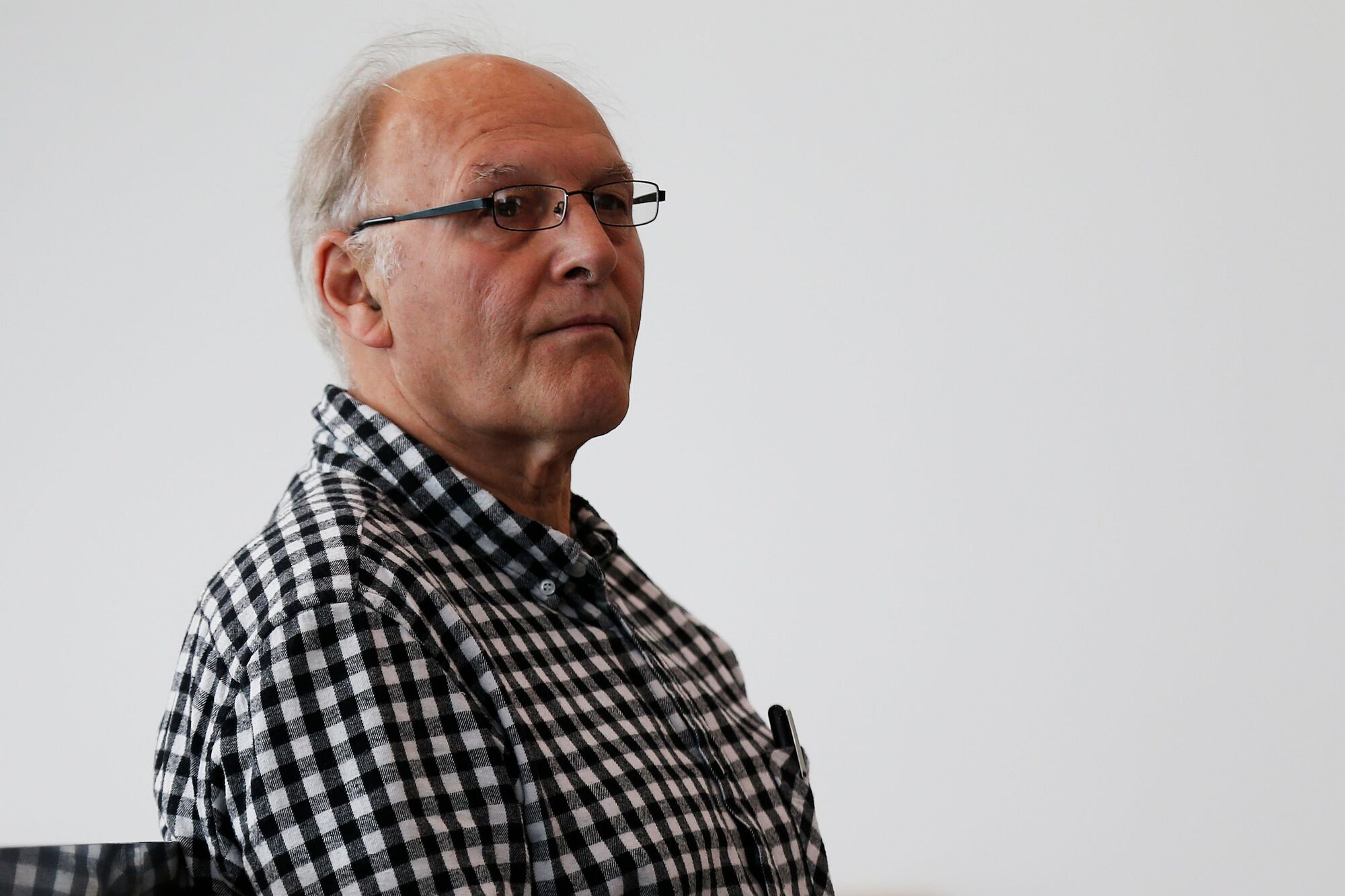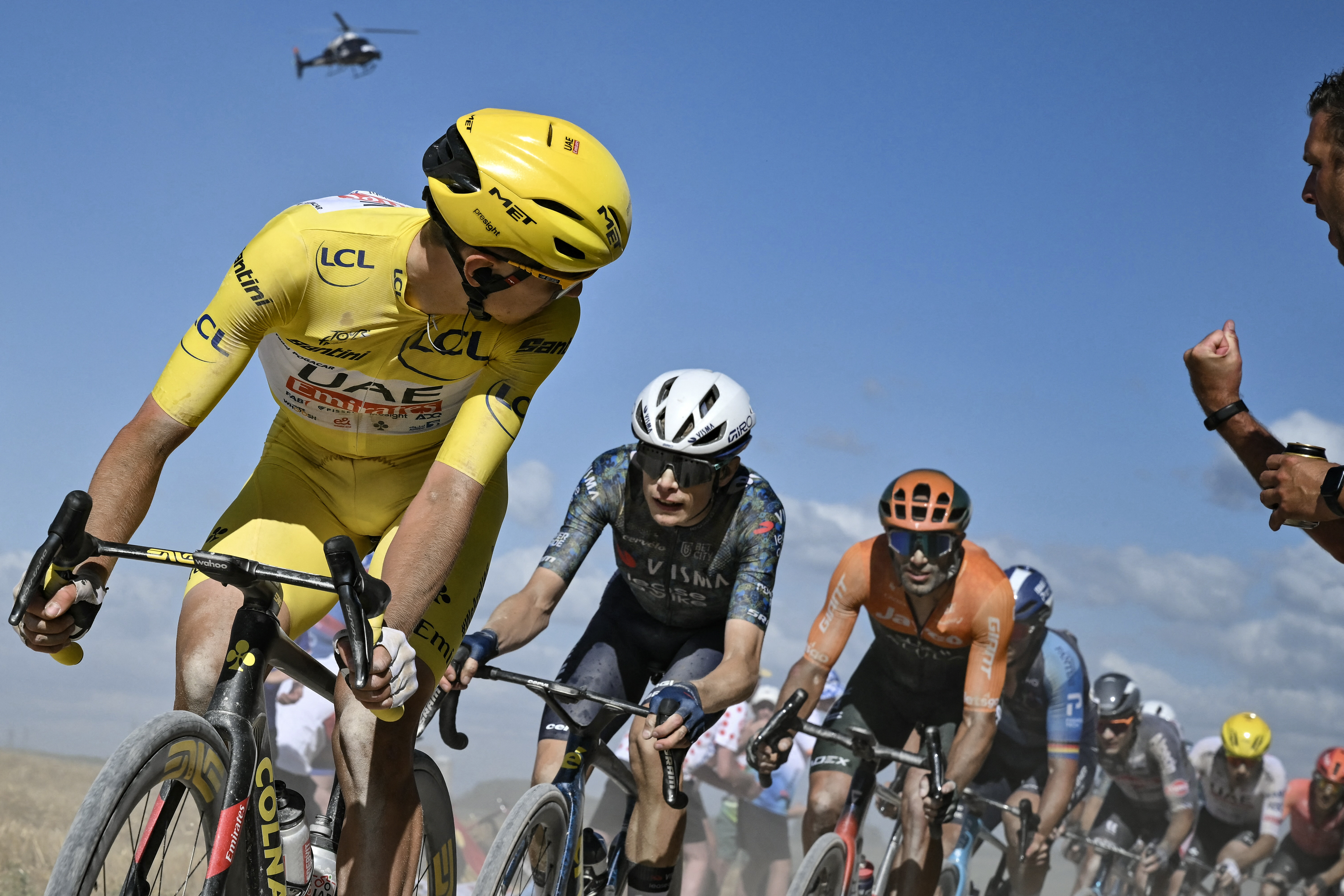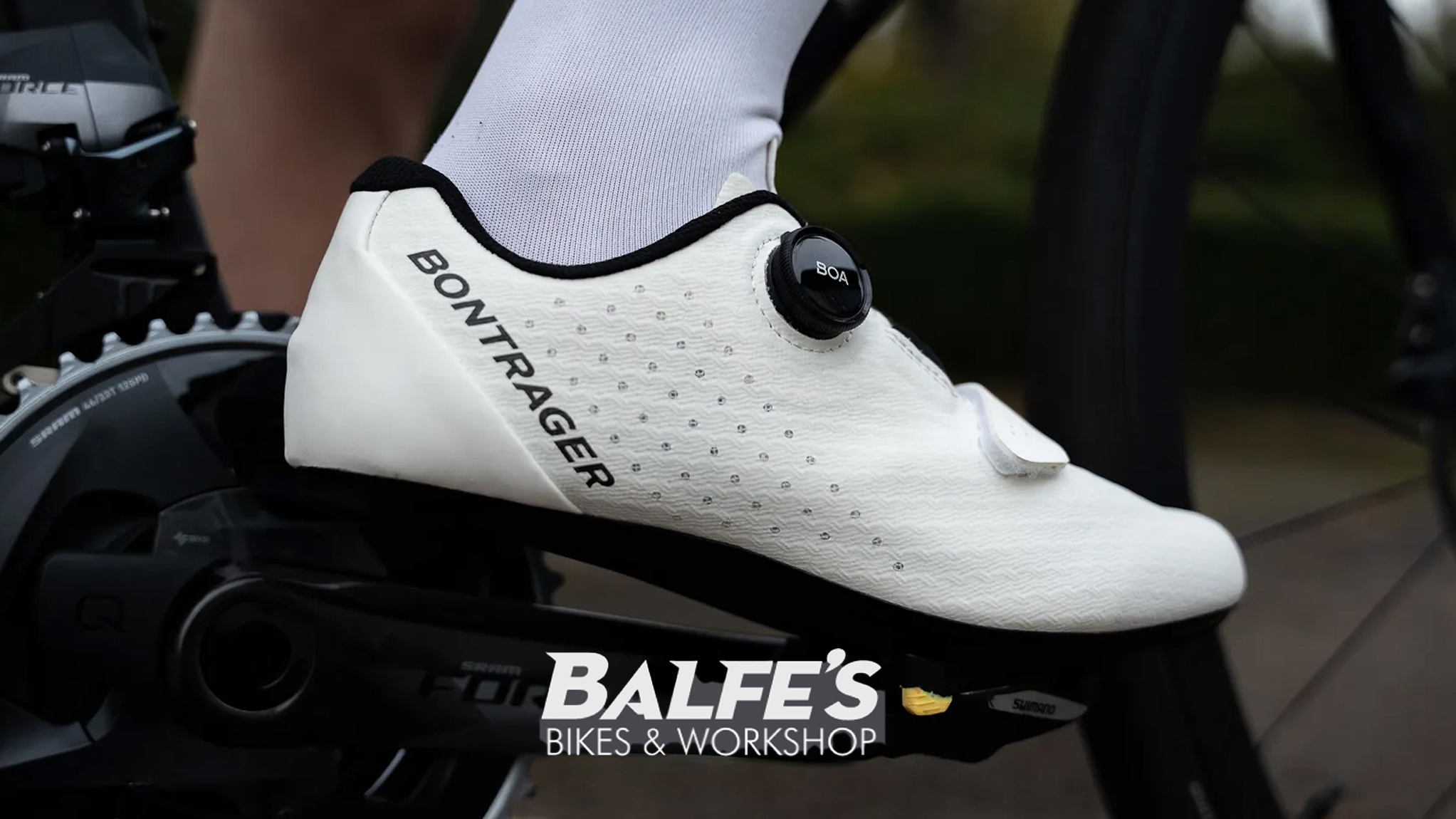French doctor sentenced to year of house arrest for inciting doping and illegally practicing medicine
Bernard Sainz will wear an electronic tag for the next year, and is prohibited from practicing within the health and sport field

A court sentenced Bernard Sainz, nicknamed 'Dr Mabuse', to a year of house arrest on Monday 17 January, after finding him guilty of the illegal practice of medicine and incitement to doping.
Ineligible for a suspended sentence due to having two prior convictions related to the violation of anti-doping laws in both professional and amateur cycling, the 78-year-old must now wear an electronic tag for the next year. He is also unable to practice within the health and sport during that time.
Prosecutors had requested Sainz face a two-year prison sentence, a fine of €30,000, and a permanent ban from the health and sport fields during his trial in November in the Paris criminal court.
Sainz, who describes himself as a "naturopath", faces these charges after findings from 2016 programme Cash Investigation, a joint-project between France Télévision and the newspaper Le Monde.
The programme captures the French doctor giving advice to riders on how to dope effectively through hidden cameras. Sainz reveals how he could prescribe a cyclist with vitamin D for the corticosteroid ‘diprosten’, or the therapeutic plant ‘chelidonium’, a powerful anabolic agent - both of which are prohibited.
L’Équipe reported that Sainz is "disappointed" with the verdict and will appeal his sentence, and spoke about the issue of illegal practice of medicine.
”My skills in naturopathy had been recognised,” said Saint, “which allowed a certain number of patients to regain perfect health in the continuity of the failure of traditional medicine, so I am disappointed to to be condemned for having served the cause of the patients by giving them full health.
Get The Leadout Newsletter
The latest race content, interviews, features, reviews and expert buying guides, direct to your inbox!
“I am appealing so the sanction is not final."
Sainz’s lawyer Hector Bernardini also questioned the sentence handed to his client.
“On the doping aspect, my client is condemned on speculation and interpretation," Bernardini said. "For example, there are no prohibited products seized."
However, as previously mentioned, this isn't the first time the law has reprimanded Sainz.
In 2014, he received a two-year prison sentence, with 20 months suspended, for inciting doping within cycling in the 1990s. He then received a 12-month suspended sentence in 2019 and a fine of €2,000 after amateur and semi-professional cyclists accused him of dictating protocols for growth hormones, testosterone and EPO between July 2008 and November 2010.

Thank you for reading 20 articles this month* Join now for unlimited access
Enjoy your first month for just £1 / $1 / €1
*Read 5 free articles per month without a subscription

Join now for unlimited access
Try first month for just £1 / $1 / €1
Ryan is a staff writer for Cycling Weekly, having joined the team in September 2021. He first joined Future in December 2020, working across FourFourTwo, Golf Monthly, Rugby World and Advnture's websites, before making his way to cycling. After graduating from Cardiff University with a degree in Journalism and Communications, Ryan earned a NCTJ qualification to further develop as a writer.
-
 UK government 'recognises concerns' but ignores calls for Tour de France to remain on free-to-air television
UK government 'recognises concerns' but ignores calls for Tour de France to remain on free-to-air televisionA petition which sought to change the way the Tour de France was categorised by the government in order to keep it free to watch from 2026 has been responded to
By Adam Becket
-
 Gear up for your best summer of riding – Balfe's Bikes has up to 54% off Bontrager shoes, helmets, lights and much more
Gear up for your best summer of riding – Balfe's Bikes has up to 54% off Bontrager shoes, helmets, lights and much moreSupported It's not just Bontrager, Balfe's has a huge selection of discounted kit from the best cycling brands including Trek, Specialized, Giant and Castelli all with big reductions
By Paul Brett